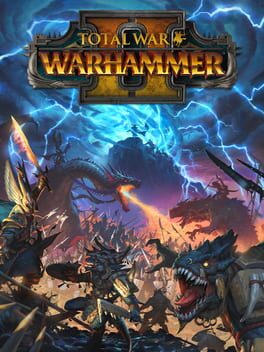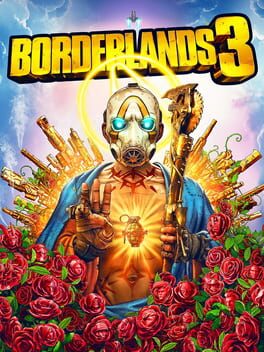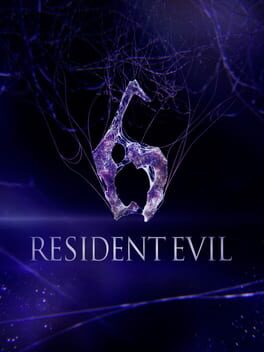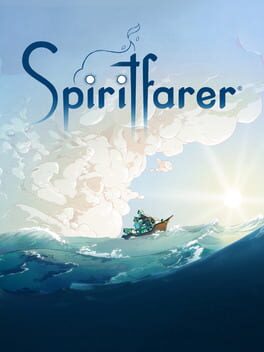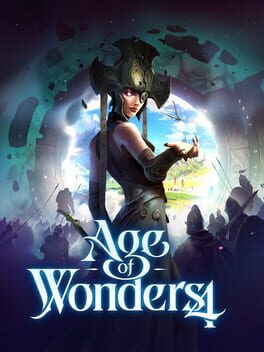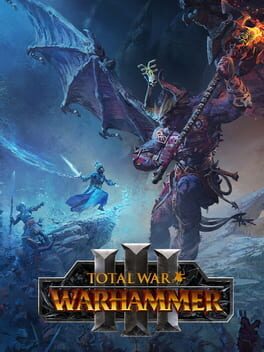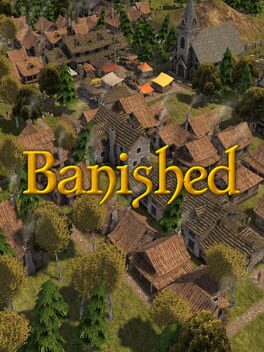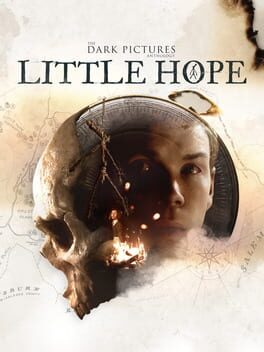Turbo_Sven
BACKER
Bio
A passionate lover of games and cinema from northern Sweden.
A passionate lover of games and cinema from northern Sweden.
Badges

Noticed
Gained 3+ followers

Full-Time
Journaled games once a day for a month straight

Busy Day
Journaled 5+ games in a single day

On Schedule
Journaled games once a day for a week straight

Elite Gamer
Played 500+ games

GOTY '23
Participated in the 2023 Game of the Year Event

2 Years of Service
Being part of the Backloggd community for 2 years

Liked
Gained 10+ total review likes

Roadtrip
Voted for at least 3 features on the roadmap

Gamer
Played 250+ games

N00b
Played 100+ games
Favorite Games
517
Total Games Played
020
Played in 2024
184
Games Backloggd
Recently Played See More
Recently Reviewed See More
A cozy little game that wrestles with death and regret whilst letting you soar the oceans in a soothing and sublime fashion. The game is incredible relaxing and the art style is just gorgeous. The gameplay loop is very satisfying and if you like management typ games, then you'll always have stuff to do. The writing is really good and all the lost spirit passengers you encounter throughout your journey are really memorable as each explore different aspects of pain, sorrow, regret, acceptance and ultimately, death itself. The game manages to create a very special feeling of sadness and emptiness whenever a spirit is brought to the great beyond. You genuinely do start to miss them while at the same time being happy that you got spend time with them at all. Which is kind of the point of the game, really. To cherish the time you have with friends and loved ones, while you have it.
The only complaint I have is that it does start to drag a bit in the late game when you're inventory is set for ten lifetimes and you're pretty much just killing time to activate the next quest. Otherwise this game is great and I would highly recommend that you give this a try. I miss it already, and I finished it just mere minutes ago.
The only complaint I have is that it does start to drag a bit in the late game when you're inventory is set for ten lifetimes and you're pretty much just killing time to activate the next quest. Otherwise this game is great and I would highly recommend that you give this a try. I miss it already, and I finished it just mere minutes ago.
It's a solid city builder game that can be quite difficult if you're not careful early on. The gameplay loop is satisfying as you actually get to see your little community grow and prosper in a very natural way. There's not a whole lot to do in the game so once you start snowballing, you're pretty much done. The population growth is very organic and nicely simulated as every citizen actually has to be born and grow up before they can be put to work. This can however make the game really tedious if you have a huge death wave early on, because then you just have to sit idly by for a long time as your population bounces back to normal again. Overall it's a good city builder game if you're looking for more of a challenge, but it lacks replayability in my opinion since there isn't a whole lot of different things to do. So every playthrough is probably going to be more or less the same in the end. Maybe I'll play it again in the future some time, who knows. All I know right now is that I'm done with the game and I'm satisfied with what it had to offer, even if it wasn't that much.
This review contains spoilers
The Dark Pictures Anthology games are great for when you have a good group of friends with you, and not so much fun if you're alone. Little Hope is no exception in this regard. It's better than its predecessor, Man of Medan, but not quite as good as House of Ashes, which is my favorite of the four. However, there are some fundamental flaws with the game that I feel is holding this one back from being number one. The main problem is the locked-traits mechanic, in my opinion. In order to probably explain my point, we first have to dig into the story.
Little Hope follows a group of four college students and their teacher as their bus crashes outside an abandoned town during a field trip. After the crash the bus driver has mysteriously vanished and the group has to explore a nearby abandoned town to find help and locate the missing bus driver. During their journey through the town, the group are beset by 15th century spirits that lived through Salem-esque witch trial, and they all look like doppelgangers of the group. In the end it is revealed in a twist that the main character Andrew (Will Poulter) has been the bus driver all along and that everything about the witch trials and the group of students were all in his head. The point of the story is that Andrew is struggling with severe trauma that he got in his teenage years when his entire foster family burned alive in an accident, (who are also doppelgangers of the student group) which is the prologue and tutorial of the game.
So what does the locked-traits mechanic have to do with any of this? Every character in the game starts with a locked-trait that is tied to a negative personality trait that the corresponding character had in the prologue. The entire point of the story is that Andrew is fighting his inner demons and to overcome them, each character has to unlock his or hers negative locked-trait by playing the character in the opposite direction. So for instance, John is a distant alcoholic father that runs away from his problems during the prologue. So in order to unlock his negative trait, you have to make sure that he is compassionate, heroic and stay away from the booze. If you fail to do this, the character dies in the end no matter what you do.
And here in lies my main issue with Little Hope. The locked-trait mechanic is never really explained during the game, because that would spoil the twist ending. So at the end of my first playthrough pretty much everybody died in the end, despite our best efforts and everything was revealed to be fake. This made the ending of my first playthrough extremely anticlimactic. Upon further playthroughs, I've come to appreciate the more psychological aspects of the overall story and think it's an interesting way to explore trauma. But I still think it's a fundamental flaw that the central mechanic that decides your ending can't be properly explained because it would spoil the story. Why would you design your game so that the most important piece of information to beat the game is only revealed after you've already lost?
Besides this, Little Hope offers the same janky choose your own horror adventure like the rest of the Dark Pictures games. It's definitely one of the more interesting ones storywise, in my opinion. If you have a group of friends with you, I would recommend you give this a try. Or actually, since this review is riddled with spoilers, chances are that if you're reading this then you've already played it. In which case I would recommend giving it a second chance if you haven't.
Little Hope follows a group of four college students and their teacher as their bus crashes outside an abandoned town during a field trip. After the crash the bus driver has mysteriously vanished and the group has to explore a nearby abandoned town to find help and locate the missing bus driver. During their journey through the town, the group are beset by 15th century spirits that lived through Salem-esque witch trial, and they all look like doppelgangers of the group. In the end it is revealed in a twist that the main character Andrew (Will Poulter) has been the bus driver all along and that everything about the witch trials and the group of students were all in his head. The point of the story is that Andrew is struggling with severe trauma that he got in his teenage years when his entire foster family burned alive in an accident, (who are also doppelgangers of the student group) which is the prologue and tutorial of the game.
So what does the locked-traits mechanic have to do with any of this? Every character in the game starts with a locked-trait that is tied to a negative personality trait that the corresponding character had in the prologue. The entire point of the story is that Andrew is fighting his inner demons and to overcome them, each character has to unlock his or hers negative locked-trait by playing the character in the opposite direction. So for instance, John is a distant alcoholic father that runs away from his problems during the prologue. So in order to unlock his negative trait, you have to make sure that he is compassionate, heroic and stay away from the booze. If you fail to do this, the character dies in the end no matter what you do.
And here in lies my main issue with Little Hope. The locked-trait mechanic is never really explained during the game, because that would spoil the twist ending. So at the end of my first playthrough pretty much everybody died in the end, despite our best efforts and everything was revealed to be fake. This made the ending of my first playthrough extremely anticlimactic. Upon further playthroughs, I've come to appreciate the more psychological aspects of the overall story and think it's an interesting way to explore trauma. But I still think it's a fundamental flaw that the central mechanic that decides your ending can't be properly explained because it would spoil the story. Why would you design your game so that the most important piece of information to beat the game is only revealed after you've already lost?
Besides this, Little Hope offers the same janky choose your own horror adventure like the rest of the Dark Pictures games. It's definitely one of the more interesting ones storywise, in my opinion. If you have a group of friends with you, I would recommend you give this a try. Or actually, since this review is riddled with spoilers, chances are that if you're reading this then you've already played it. In which case I would recommend giving it a second chance if you haven't.

